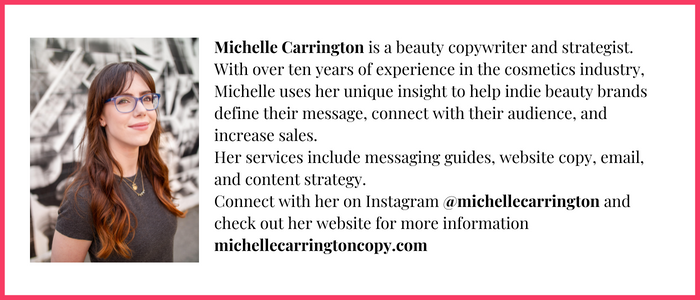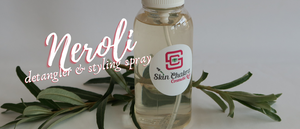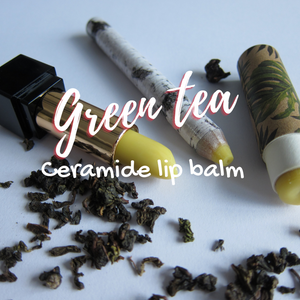
(Spoiler alert… it’s not your ingredients and formulation.)
Skincare marketing 101
By: Michelle Carrington, Beauty Copywriter & Strategist
It’s no secret the skincare market is growing. More and more people are prioritizing their skincare rituals and are open to trying new products. This means more opportunities for growth for you.
You have an incredible product that took months (maybe even years) to develop. That’s only half the battle. Now, it’s time to market the heck out of your product and get it in skincare routines everywhere. But, with competition on every corner, it’s hard to stand out without a proper strategy and foundation.

Building a brand foundation
While most new brands rush to social media to promote their products, the results will be underwhelming without a proper strategy. You may find yourself spending a lot of time and energy with very little return. This is why it’s essential to set a foundation of what your brand is, who it’s for, and what it does.
1-Your target audience
2- Your story
3- The value you create
Your Target Audience
Your target audience is a specific group your product is for.
You may think, “but everyone can use my moisturizer and get great results.” Yes, most people will likely benefit from your product; however, that doesn’t mean it’s for everyone. When you start talking to the world, no one listens.
You don’t want just anyone to use your products because, unfortunately, not everyone will appreciate them. And that’s A-okay! You want to make sure that you use your time and resources to speak to those who will benefit the most from your products.

Narrow down your ideal customer. Who is the perfect person for the product you are offering? Give them a name, a job, a lifestyle. Ask yourself, what do they want more than anything? What is their biggest problem? And, how does your product fit in?
Your Story

Stories are memorable and evoke an emotional connection. This is truly what sets your brand apart from other ones. When you infuse your story into your marketing, your brand starts to stand on its own.
Your story can be the pivotal moment that led you to create your products, your unique approach to skincare, or the feeling and emotion you are looking to create. There is a reason why your brand is here today, and that reason will resonate with a group of people—your target audience.
When you have a story it will be much easier to write your website, plan content, pitch to the media, and create a consistent brand image that people will remember. Think of it as your compass.
The Value You Create
You may be using top-of-the-line ingredients, but people care about what’s in it for them. We’re talking about features and benefits.

Features are the physical characteristics of a product (ingredients, packaging, formulation, etc.), whereas the benefits describe the outcome of a feature.
People care about what a product can do for them (benefits). Most shoppers don’t look for jojoba oil; they’re looking for comfort and relief for their dry skin. When you write about your products, focus on the outcome and what’s in it for your customers.
To start, list all the features of your brand and product, focusing on those unique to you. Then, relate them to your target audience—what’s in it for them?
Think of the transformation you are providing. It can be physical or emotional.
Physical transformation → plumper, tighter, healthier, glowing, more comfortable skin.
Emotional transformation → providing a relaxing experience that stimulates the senses.
For Example:
Your brand is completely natural. So what? It means your customers can trust that only natural goodness is touching their skin. It means they can have a connection with nature and the peace of mind that what they’re using is good for them and the planet.
Put it all together to build a foundation and stand out from the competition.
Your audience, story and value work together to create the foundation of your brand. When you’re clear on all three aspects, you know where to direct your energy, how to talk about your products and what type of content to create.
To recap:
1-Know who you are selling to. What are they struggling with, or what do they want most in the world?
2-Be clear on your story. What is it that makes your brand relatable and special?
3-Understand your unique value. What is the ultimate benefit you’re delivering?
Be specific about who you’re talking to. Share your story and relate it to your audience’s pain points. Lastly, articulate how your products will change your ideal customer's life. This is how you get the right people to choose you.



